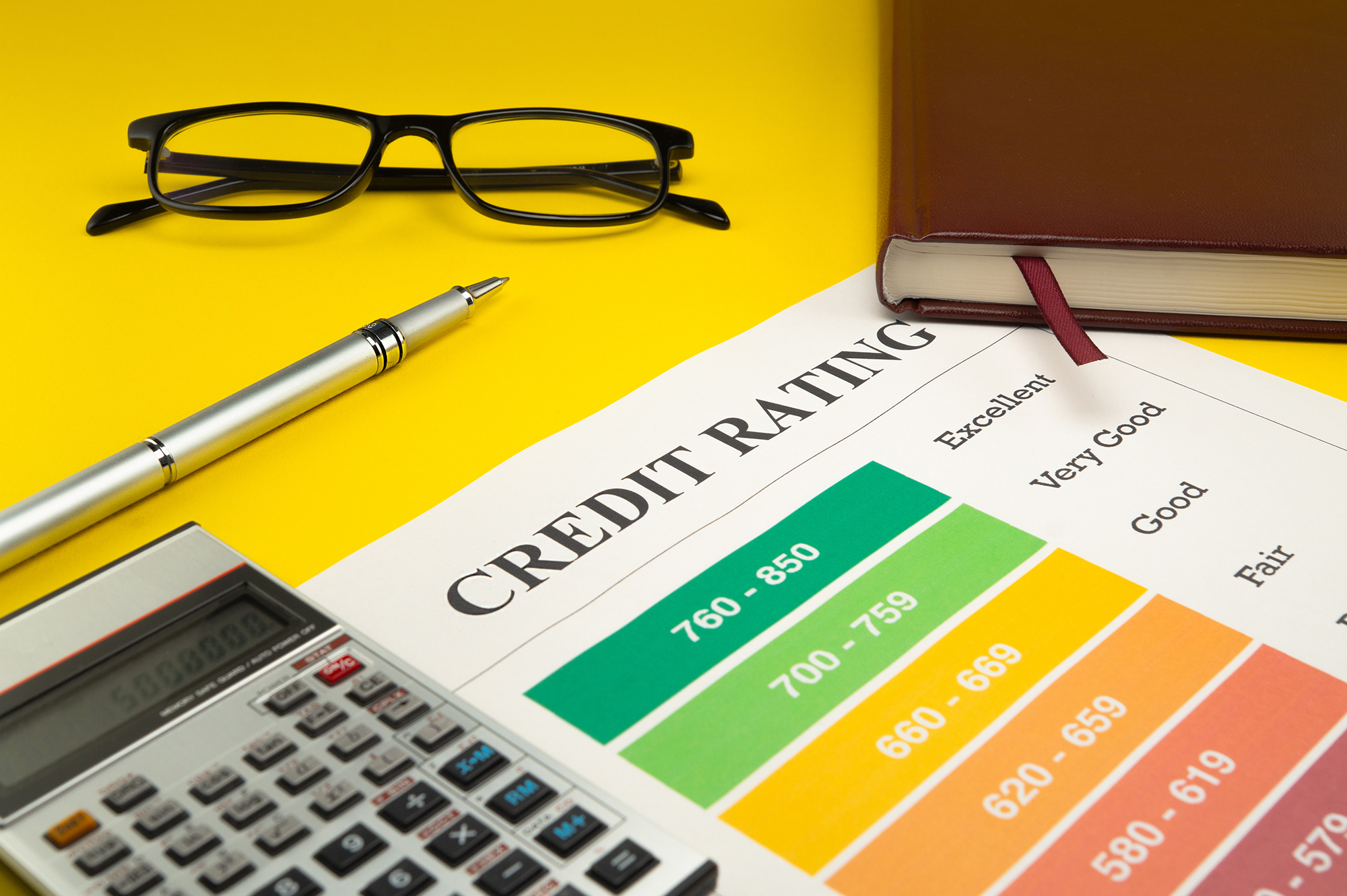
Home Equity Loans
A Home Equity Loan is a one-time lump sum loan that you repay over a fixed period, usually ranging from 5 to 15 years. The loan amount is determined by the equity you’ve built in your home. It operates much like a first mortgage; you borrow a set amount and make fixed payments over the loan term until it’s paid off.
- Interest Rates: Typically, Home Equity Loans come with fixed interest rates, providing a predictable monthly payment.
- Uses: This type of loan is beneficial for those who need a large sum of money upfront for things like a major home renovation or debt consolidation.
Home Equity Lines of Credit (HELOC)
Unlike Home Equity Loans, a Home Equity Line of Credit is a revolving line of credit, similar to a credit card. You’re approved for a certain amount, and you can borrow against it as you need. The repayment terms are more flexible, often allowing you to pay only the interest for a period.
- Interest Rates: HELOCs usually come with variable interest rates, which means your payments could fluctuate over time.
- Uses: This option is ideal for ongoing expenses or projects where you may not need all the money upfront, such as long-term home improvements or a series of smaller, ongoing expenses.
Which One Is Right For You?
Choosing between a Home Equity Loan and a HELOC largely depends on your financial needs, your ability to manage payments, and how you plan to use the funds. If you require a large sum of money all at once, a Home Equity Loan with a fixed interest rate may be the better option. If you need more financial flexibility and can manage variable interest rates, a HELOC could be more suitable.
Summary
Understanding the different types of second mortgages is crucial in making an informed decision. Home Equity Loans provide lump-sum amounts with fixed repayments, while HELOCs offer revolving credit with more flexible repayment options. Your choice will depend on your financial situation and the purpose for which you are securing the loan.








